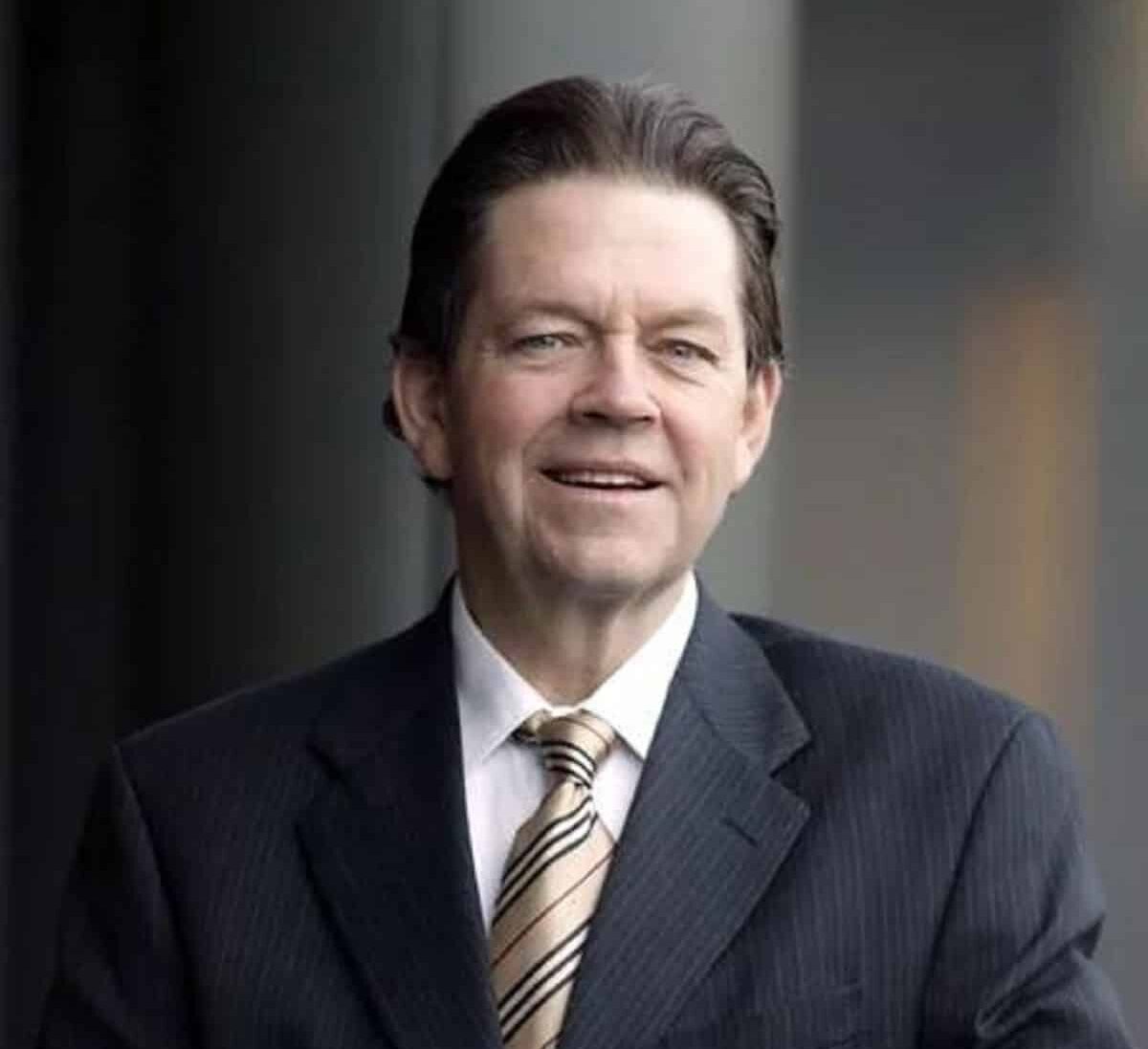PH gov’t asked to recalibrate tobacco tax rate to prevent spread of illicit trade

Dr. Arthur Laffer, a former member of President Ronald Reagan’s Economic Policy Advisory Board and founder and chairman of Laffer Associates, an economic research and consulting firm
An international economist advised the Philippine government to recalibrate the tobacco excise tax rate, which may have reached a point that fueled the spread of illicit trade and losses in revenue collection.
Dr. Arthur Laffer, former member of President Ronald Reagan’s Economic Policy Advisory Board and founder and chairman of Laffer Associates, an economic research and consulting firm, noted that revenue collection fell, coinciding with the further increase of the tax rate beyond the revenue-maximizing level and illicit trade became more problematic.
Laffer said the ideal taxation system is one that raises the necessary revenues in the least damaging fashion possible.
He said that in the case of tobacco excise taxes, “the mechanism that has resulted in continuous annual tax rate increases in order to achieve continuous revenue growth has clearly taken tax rates too high and has failed to generate the anticipated revenue.”
Data show that tobacco excise tax collections in the Philippines declined from the highest collection in 2021 of P176 billion to P160 billion in 2022 and P135 billion in 2023.
Article continues after this advertisementDuring the same period, illicit cigarette trade incidence worsened from 13.6 percent in 2021 to 15.2 percent in 2022. In 2023, illicit trade incidence was recorded at 19.6 percent, according to Euromonitor.
Article continues after this advertisementLaffer noted that affordability issues brought about by the annual excise tax increases have consequently resulted to consumers buying cheap, non-taxed tobacco products.
“The government should take steps to realign tobacco tax rates closer to the revenue-maximizing rate. Doubling down with further revenue-losing tax rate increases is never a sensible solution to a tax revenue loss,” said Laffer.
He said that while the Philippines has, “in general, done a very good job of reforming its system of tobacco taxation from a complicated multi-tiered system to a simple structure with uniform tax levels for all cigarettes,” the tobacco excise tax rate has reached a “prohibitive range,” as evidenced by declining government revenue.
Laffer, the creator of the Laffer Curve, which illustrates the relationship between tax rates and government revenue, calls for a tax system that raises the necessary revenue while minimizing economic damage.
“Tax revenues increase with increasing tax rates until a revenue-maximizing point is reached, after which further increases in tax rates result in declining tax revenue,” he said.
He observed that the Philippines has pushed tobacco tax rates past the point of revenue maximization on the Laffer Curve, and any further increases to the tax rate at this time would likely result in further revenue declines and increases in illicit trade.
He explained that the proliferation of illicit trade is influenced by high tax rates coupled with low affordability and the probability of enforcement.
“Given the declining tax revenue and increased growth in the illicit trade of tobacco in the Philippines, it is time to reevaluate the optimal cigarette tax rate,” he said.
“By coupling tax base expansion with tax rate decreases, the Philippines can bolster and diversify tax revenue collection without jeopardizing economic growth,” he added.
Laffer lauded the Philippines’ approach to taxing novel tobacco and nicotine products but urged the government to simplify its tax structure for e-cigarettes.
“Unlike other tobacco and nicotine products, e-cigarettes are taxed under a two-tiered system in the Philippines, which is leading to significant enforcement issues. Reforming e-cigarette taxation into a simplified uniform rate — as has been done for other tobacco and nicotine products — should be an immediate priority,” he said.
Laffer said other areas to consider should include simplifying and rationalizing regulations for capital markets and the fiscal regime surrounding the mining sector.
“Streamlining and simplifying the tax code is always positive for economic growth,” he added.